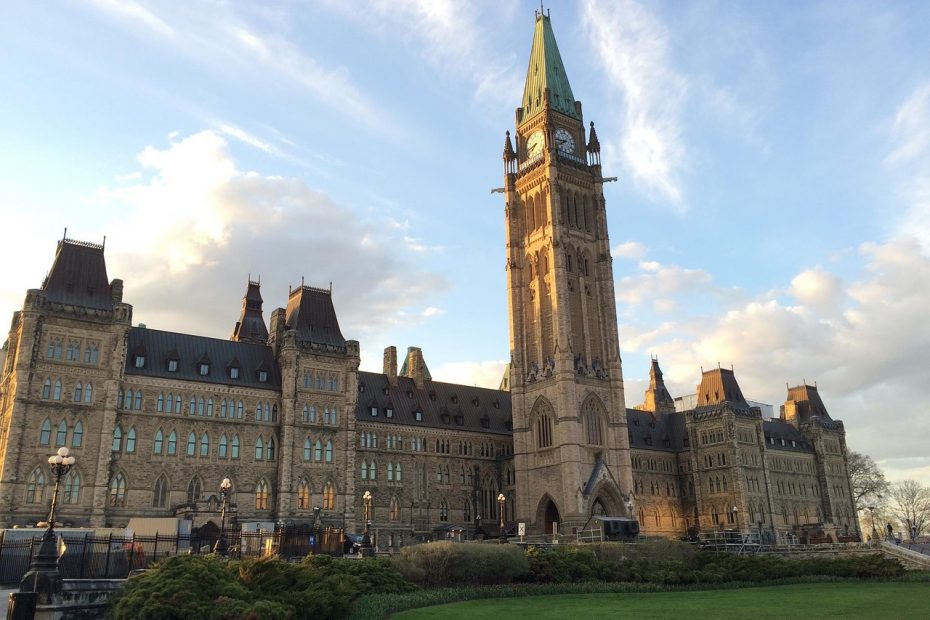UPDATE: on February 4, 2024 the Government of Canada announced a two-year extension to the ban on foreign ownership of Canadian housing.
Disclaimer: the comments and information in this post are not legal advice. Anyone who fits within the categories of the subject matter should seek proper legal council about the Prohibition on the Purchase of Residential Property by Non-Canadians Act.
In our previous post titled “Foreign Home Buyer Ban” we provided a summary of the new law that came into effect in Canada starting January 1, 2023 called the “Prohibition on the Purchase of Residential Property by Non-Canadians Act”.
Let’s delve deeper into the Act to find out under what circumstances can a foreigner still be allowed to purchase real estate in Canada under the Prohibition on the Purchase of Residential Property by Non-Canadians Act, otherwise known in day-to-day talk as the Foreign Home Buyers Ban.
A non-Canadian under the Act is defined as
(a) an individual who is neither a Canadian citizen nor a person registered as an Indian under the Indian Act nor a permanent resident;
(b) a corporation that is incorporated otherwise than under the laws of Canada or a province;
(c) a corporation incorporated under the laws of Canada or a province whose shares are not listed on a stock exchange in Canada for which a designation under section 262 of the Income Tax Act is in effect and that is controlled by a person referred to in paragraph (a) or (b); and
(d) a prescribed person or entity. (non-Canadian)
– foreign nationals who hold a passport that contains a valid diplomatic, consular, official or special representative acceptance issued by the Chief of Protocol for the Department of Foreign Affairs, Trade and Development;
– foreign nationals, with valid temporary resident status, whose temporary resident visa was issued, or temporary resident status was granted, following an exemption provided under section 25.2 of the Immigration and Refugee Protection Act, if the Minister is of the opinion that the exemption was justified based on public policy considerations to provide safe haven to those fleeing conflict; and
– persons that have made a claim for refugee protection in accordance with subsection 99(3) of the Immigration and Refugee Protection Act, if that claim has been found eligible and referred to the Refugee Protection Division under subsection 100(1) of that Act.
Definition of Residential Property under the Act
A residential property means any real property or immovable, other than a prescribed real property or immovable, that is situated in Canada and that is
(a) a detached house or similar building, containing not more than three dwelling units, together with that proportion of the appurtenances to the building and the land subjacent or immediately contiguous to the building that is reasonably necessary for its use and enjoyment as a place of residence for individuals;
(b) a part of a building that is a semi-detached house, rowhouse unit, residential condominium unit or other similar premises that is, or is intended to be, a separate parcel or other division of real property or immovable owned, or intended to be owned, apart from any other unit in the building, together with that proportion of any common areas and other appurtenances to the building and the land subjacent or immediately contiguous to the building that is attributable to the house, unit or premises and that is reasonably necessary for its use and enjoyment as a place of residence for individuals; or
(c) any prescribed real property or immovable. (immeuble résidentiel)
Under certain exceptions a non-Canadian can purchase real estate in Canada
The exceptions are:
They have obtained permanent residency status in accordance with the Immigration and Refugee Protection Act; and / or
Are a temporary resident within the meaning of the Immigration and Refugee Protection Act who satisfies prescribed conditions, and / or
They have a diplomatic or consular designation on behalf of their home country; and / or,
They are a “protected person” under the Immigration and Refugee Protection Act; and / or,
Their spouse or common-law partner is a Canadian citizen, a person registered as an Indian under the Indian Act, a permanent resident, or a temporary resident in accordance to the Immigration and Refugee Protection Act including a “protected person”; and / or
They have a proper work permit, and / or
The acquisition by an individual of an interest or a real right resulting from death, divorce, separation or a gift, and / or
The rental of a dwelling unit to a tenant for the purpose of its occupation by the tenant, and / or
The acquisition by a non-Canadian of residential property for the purposes of development.
The residential property is located in an area of Canada that is not within either a census agglomeration or a census metropolitan areas.
- Census Metropolitan Areas must have a total population of at least 100,000, with 50,000 or more living in the core.
- Census Agglomeration must have a population of at least 10,000.
- You can use the Census Metropolitan Area and Census Agglomeration Guidance Tool by entering the address of the property in the top left corner of the map page to find out if it’s in a CMA or CA.
Regarding the residential property location and number of units; the Act does not apply when:
- The non-Canadian purchases a property that is outside Census Metropolitan Areas or Census Agglomeration areas and / or
- The property has 4 units or more.
